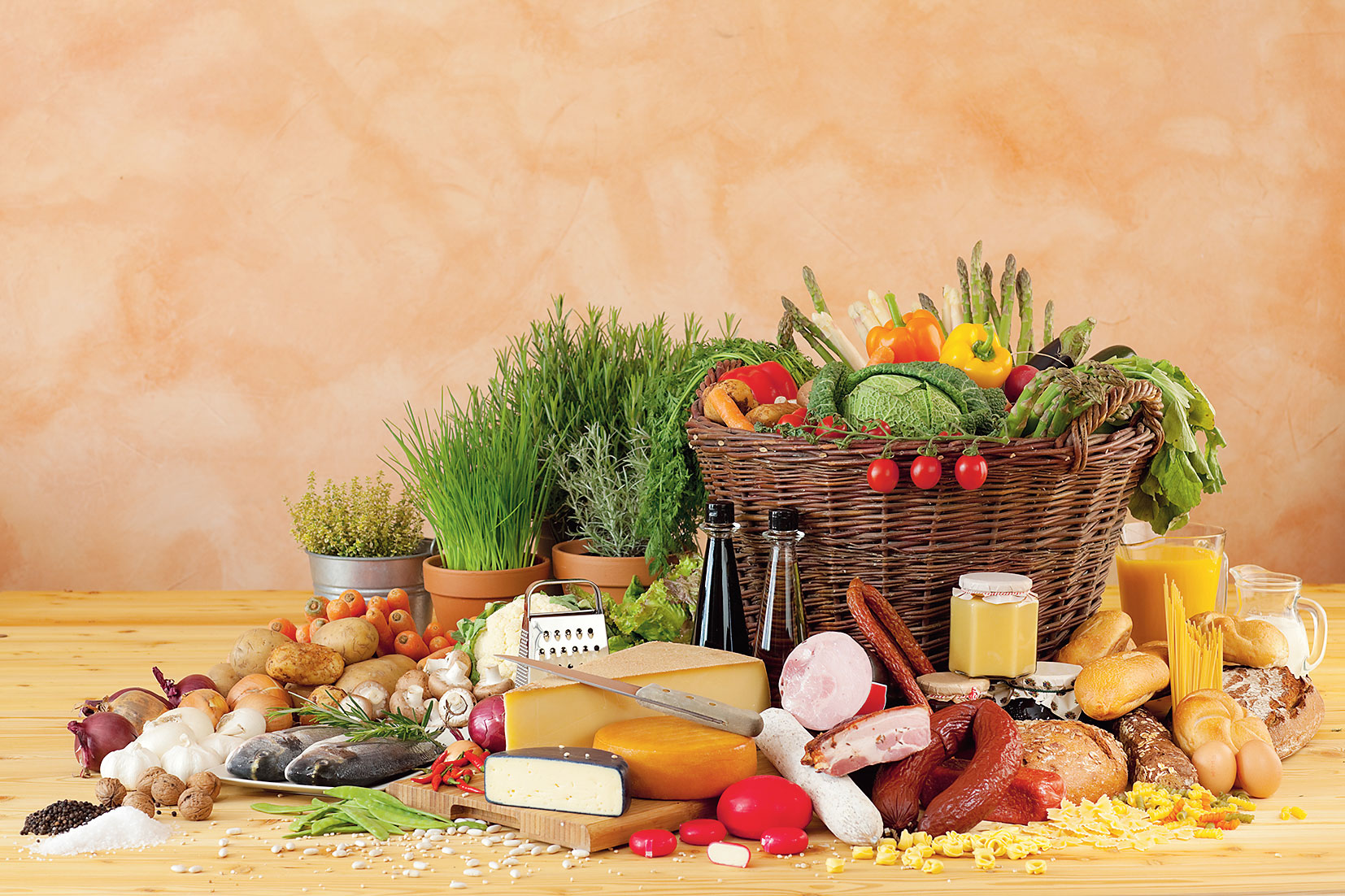In India, one in every 10 adults has chronic kidney disease (CKD). In this disease, the kidneys are damaged and can’t filter blood the way they should be able to. It is called “chronic” because the damage to the kidneys happens slowly, over a long period of time. In the US, it affects roughly one in every seven adults while one in every 15 adults in the UK suffers from it. The worst part is that approximately 90 per cent patients have no idea they have the disease until their kidneys start showing signs of failing.
Diabetes, high blood pressure, heart disease or a family history of kidney failure are common risk factors for CKD. The most important step you can take to manage the disease is to keep your blood pressure under control. And once you are diagnosed with CKD, eating the right foods can help keep your kidneys from getting worse. That has been the conventional wisdom passed on by doctors.
Now, new research has shown that following a healthy diet may actually reduce the risk of CKD. So perhaps you should not wait to contract CKD before changing your dietary habits.
Scientists at Bond University in Robina in Queensland, Australia, analysed the food habits of more than 6,30,000 people over a decade. They found those who opted for fruits, vegetables and fish over processed meats, salt and fizzy drinks, were 30 per cent less likely to develop CKD. The study was published in a recent issue of the Clinical Journal of American Society of Nephrology.
“These results add to the accumulating evidence supporting the potential benefit of adhering to a healthy dietary pattern,” wrote Dr Jaimon Kelly, the lead author of the study. “The findings may assist in developing public health prevention programmes for CKD.”
Our kidneys filter out waste products and excess fluids from the blood, which are excreted through urine. They also help maintain blood pressure. As CKD advances, kidneys fail to flush out wastes, which starts to accumulate in the body.
“The risk of CKD increases as you age. You can call it a curse of ageing or longevity,” says Dr Subrata K. Bhaumik, a senior nephrologist in Calcutta. “As you grow old, the efficiency of kidneys decreases. After 30, kidney function decreases approximately at the rate of one per cent every year. That means by the age of 80, the kidneys lose nearly 50 per cent of their efficiency,” he adds.
That making dietary changes helps slow the progression of CKD is well documented. It’s important to watch what you eat and drink because limiting some things means certain minerals don’t build up in the body. However, you’ll have to ensure you still have a balanced diet. The commonly suggested kidney-friendly diet plans are DASH (Dietary Approach to Stop Hypertension) and the Mediterranean diet.
DASH is rich in fruits, veggies, low-fat dairy products, whole grains, fish, poultry, beans, seeds and nuts. It’s low in sodium, sugars, fats and red meats. The Mediterranean diet, based on the food patterns of long-lived people on the shores of the sea of this name, doesn’t prescribe specific amounts of any food group. Instead, it offers a pyramid. Vegetables, fruits, nuts, whole grains and olive oil make up the base; fish is in the second level, with at least two servings every week; poultry and dairy come next while meats and sweets — to be consumed occasionally — make the apex. Wine, in moderation, is suggested once in a blue moon.
In the Australian research, scientists analysed 18 studies on the subject of CKD and diet patterns. A healthy diet pattern was defined as one with a higher intake of fruits, vegetables, legumes, nuts, whole grains, fish and low-fat dairy, and a corresponding low consumption of processed meats, salt or sugary drinks.
Results showed that a kidney-friendly diet not only reduced the participants’ risk of CKD but it also lowered their odds of albuminuria — an early sign of kidney damage — by 23 per cent. Albuminuria occurs when the protein albumin is excreted in the urine. The protein plays an important role in building muscles, repairing tissue and fighting infections. Its presence in urine suggests the kidneys are not filtering blood properly, allowing albumin to “leak” out.
Dr Bhaumik says a sure way of reducing the load on kidneys is cutting down on protein consumption. “Protein intake should be cut down as you age,” he says. “In recent times, protein intake has considerably increased in the Indian diet,” he points out, suggesting that this tilt in the diet pattern is due to rising affluence in the middle income group.
His advice: if you wish to live a long and healthy life with properly functioning kidneys, you will have to sacrifice a few things in your diet.
You can either make the necessary changes to your diet right now to reduce the risk of CKD or you can wait until you are diagnosed with the disease when your diet will necessarily become limited. The choice is yours.











